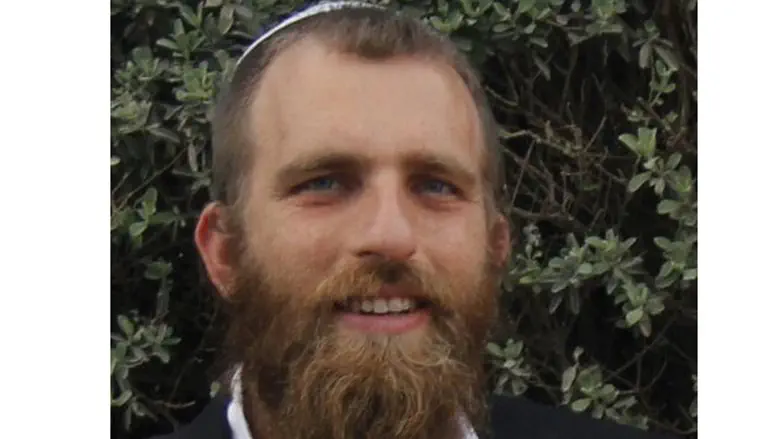

Dedicated in memory of Yaakov ben Avraham and Sarah Aharonov z"l
A few weeks ago, I gave a Dvar Torah in Hebrew and then in English. Both of the messages had the same content. Although my Hebrew is more fluent than English, my wife told me that the Dvar Torah in English sounded better. I was with more energy and had more interaction with the audience. I knew the English-speaking crowd was bigger so even without noticing, I reacted towards the audience.
This week we start the book of Devarim, the book of Deuteronomy. This book is a long speech that Moshe says to the nation before he dies. Moshe uses profound language to rebuke the nation, teach them Torah and highlight important ideas before the nation will enter the land of Israel.
Forty years earlier, Hashem asked Moshe to go and lead the nation out of Egypt. Moshe refused at first, saying "I beseech You, O Lord. I am not a man of words, neither from yesterday nor from the day before yesterday, nor from the time You have spoken to Your servant, for I am heavy of mouth and heavy of tongue." (Shemot 4, 10). After Moshe finally agreed to go to Pharaoh and after Pharaoh didn't listen, Moshe said "How then will Pharaoh hearken to me, seeing that I am of closed lips?" (Shemot 6, 12) and later "Behold, I am of closed lips; so how will Pharaoh hearken to me?" (Shemot 6, 30).
How come, forty years later Moshe Rabenu is able to give a long speech?
The Midrash (Devarim Raba 1, 1) learns from here that Torah heals people. Before Moshe learned Torah, he said "I am not a man of words". After acquiring Torah, Moshe starts the book of Devarim saying "These are the words".
There is a deep connection between the Torah and the nation of Israel. For example, the Mechilta on Beshalach says "It is not possible for Israel to be without Torah" and the Zohar (Acharei Mot, 73) writes that Hashem, the Torah and Israel are tied to each other.
Based on the connection between the Torah and Israel, I would like to suggest a wider explanation for Moshe's ability to give a long speech. Moshe received the Torah at Sinai forty years prior to his speech.
Why does he share his words only now?
During the forty years in the desert, Moshe showed his devoted leadership to the nation. In every day that passed, the bond between Moshe and the nation became greater. Just before Moshe passes away, this bond is felt by everyone, the nation realizes that in a few weeks, they will not have their loved leader.
This special connection with the nation gives Moshe the power for a great speech. Thus, the first Pasuk in Devarim is "These are the words which Moses spoke to all Israel". The words are to all of Israel and empowered by all of Israel.
When we try to do things for Am Yisrael, we should get the energy and motivation from our nation.
Torah MiTzion stands in the forefront of the battle for the future of the Jewish people in the Diaspora, offering religious-Zionist Torah scholarship to Jewish communities throughout the world and strengthening the bond between the Jewish people in the Diaspora and in Israel via the study of Torah.
Rabbi Yisrael Wende is former Rosh Kollel in Memphis, currently Rav Kehilla in Maale Adumim. For comments: ywende@gmail.com